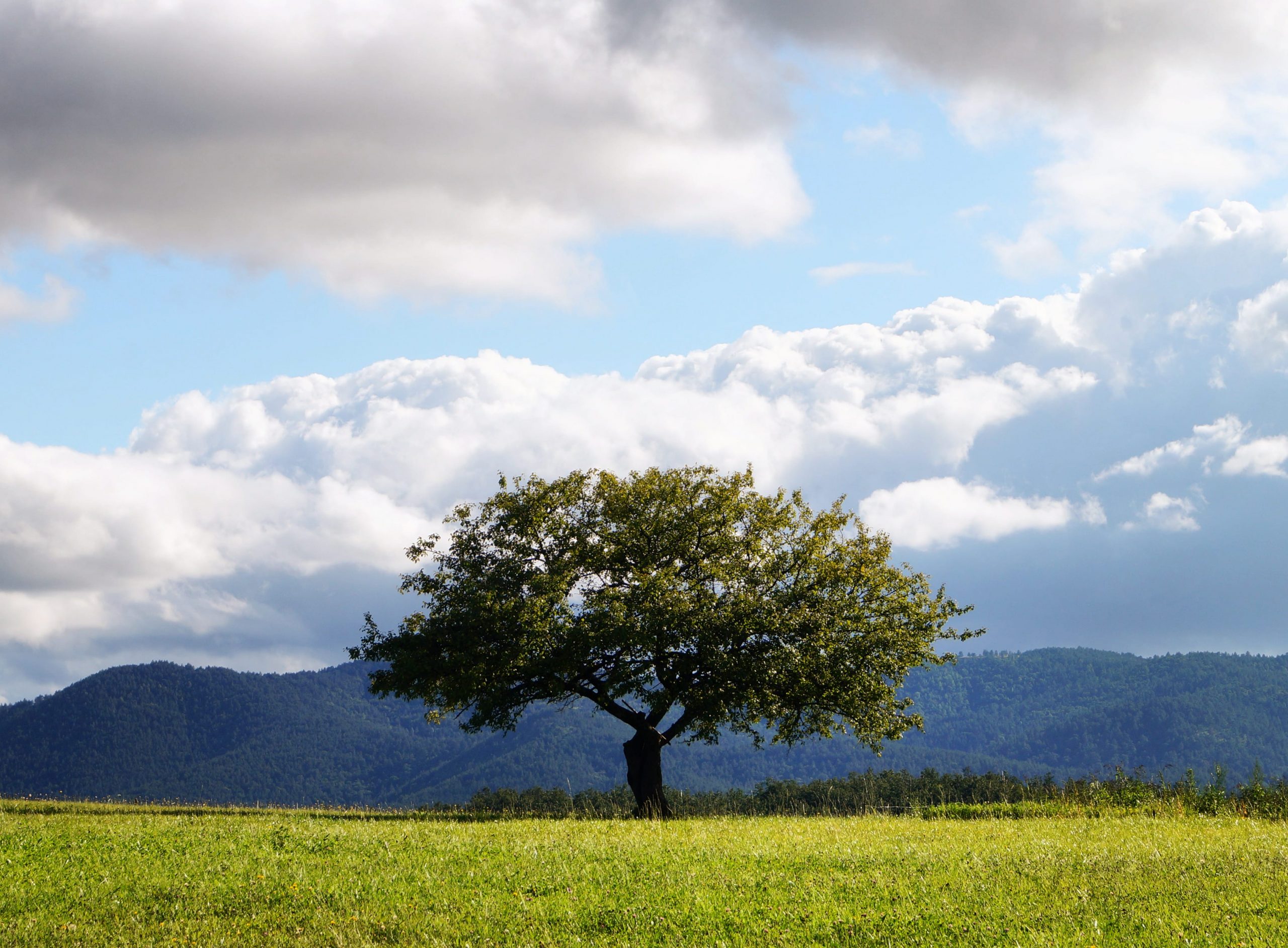People die because of air pollution. We are aware of strategies making our air healthier to breathe, and we know we can implement them. We also know who needs to do things differently in order for these strategies to be implemented. We realize we are not the wealthiest country in the world, nor are we among the wealthiest regions. This is why the actions we take to reduce the air pollution need to be carefully planned. We know we can do this right. What we do not know is what is exactly stopping us? It’s the 21st century, we shouldn’t be forced to make choices between heating and breathing, electricity and breathing, breathing and driving even.
Today, on the very first International Day of Clean Air for blue skies, in 75th anniversary year of the UN, and 10 years before the “The 2030 Agenda“, we should be ashamed for breathing such air. We should be ashamed since such air make us suffer needlessly.
Important talks concerning Serbia and the region are being held in Washington and Brussels as you read this text. Elected officials representing the citizens are involved in these talks. They represent two communities with the highest number of deaths per capita in Europe, attributable to PM 2.5 pollution. According to data published byEuropean Environment Agency, these communities are placed on the worrisome first and second place in this dreaded competition. Albania, North Macedonia, Bosnia and Herzegovina and Montenegro are in fourth, fifth, sixth and 11th place respectively.
Did anyone tell them about Acid Rain and Residential wood smoke reduction programme in Washington? These programmes have been run by the United States Environmental Protection Agency for decades.
Will anyone in Brussels remind the leaders of the Industrial Emissions Directive or the Ecodesign directive ? Will anyone mention a word or two on the Energy Community Treaty, to which our political leaderships committed to 15 years ago and obliged not to be such severe sulphur dioxide emitters as they now, and as they certainly should not be anymore? Has the Paris Agreement and carbon dioxide emissions been mentioned?
Had they gone to Beijing, they could have as well learned something about energy transition and cleaner air.
Since probably none of this has happened, we will have to remind ourselves – without the support of global leaders, what we ought to do.
First and foremost, let’s put the shame of doing nothing about energy poverty and air quality behind us. Nothing should stop us from visiting hundreds of thousands of poorest households across the region and do what we have long known is fair and useful: replace poor heating devices with good ones at the expense of taxpayers and with the support of anyone who wishes and is able to help.
Let’s cut costs, increase efficiency, improve the level of comfort for vulnerable groups, and clean up the air for all of us. Why haven’t we already done so? Serbian Government? UN? EU? The World bank? UNDP recognized this problem in Serbia and then shared their insights more than 15 years ago, the EU emphasised the importance of it when the Energy Community Treaty was signed. So, what happened?
Again, it’s the 21st century, we shouldn’t be forced to make choices between heating and breathing, electricity and breathing, breathing and driving even. In order to avoid doing so, we must embrace the achievements of the 21st century, as well as adopt best practices so far.
We need to see leadership between this International Clean Air day for blue skies and the next one, and it needs to come from those entrusted to deliver the sustainable development goals. The leadership which will address and be in control of the real challenges that all citizens in Serbia and the region we live in, have been constantly facing. Let us leave aside hybrid cars subsidies, support to biogas plants, cadastres of small hydropower plants and other “cosmetic” suggestions and possible solutions.
During Covid-19 crisis we have been able to learn more about the influence of different pollution sources on air pollution. Temporary discontinuation of the support to privileged power producers in Serbia has also shown us something that we knew a long time ago: some technologies that we wholeheartedly support are simply without any future once subsides stop. We are wasting money, public health, and time. It’s time to end these practices.
Why is it possible that efficient combined heat and power plant designed by the world-leading architects and powered by sustainable biomass delivers affordable electricity and heat (while, at the same time, being the landmark in the heart of Stockholm), and it is not possible to even discuss such issues here? Why door-to-door work on stove replacements is possible in the USA and is not possible in our region? Why people in China believe that installing tens of thousands of MW in rooftop PV installations is good for their citizens and the economy, while we are hiding from our Sun? Will Germany help the region to move forward during its EU presidency?
Should those who are supposed to lead continue to hide, we can only do what we are already doing: call the firefighters, communal police and inspections when fields, piles of leaves in the yards or dumpsites are burning, ask that polluters comply with the existing legislation… But we should all know that our air will not be clean unless an adequate public policy is designed and implemented – the one that tackles all the important issues at once. We deserve such policy and we are able to design and implement such a policy. We are able if every party involved does her job – especially those who are paid to support us in reaching these goals.
It’s the 21st century. We should not be forced to make choices between heating and breathing, electricity and breathing, breathing and driving even.
Happy International Day of Clean Air for blue skies to us all!
Aleksandar Macura, Programme director, RES Foundation

